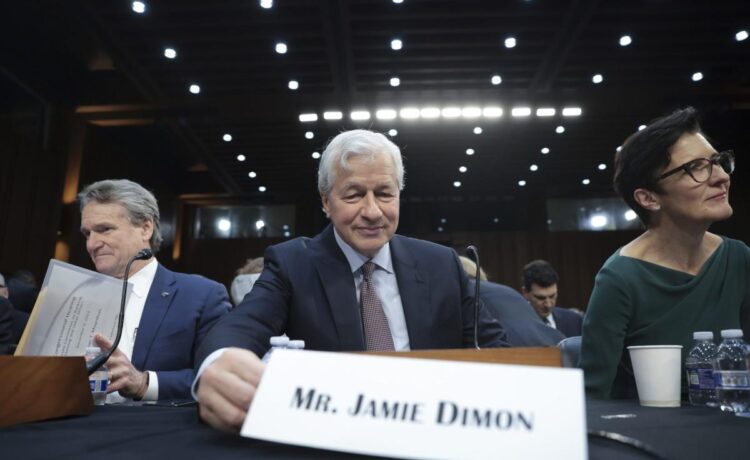-
CEO candidate departures at BlackRock and JPMorgan Chase show that finding an exceptional replacement is tough, and keeping good candidates committed is a challenge in itself.
The departure announcements of possible CEO successors at both BlackRock and JPMorgan Chase are the latest reminders that CEO transitions are anything but simple, experts say, especially when it comes to the world’s top finance jobs.
Mark Wiedman, BlackRock’s top client-facing executive and a possible successor to CEO Larry Fink, said Wednesday he would voluntarily step away from his role in the spring after a 20-year stint at the firm.
On the same day, two JPMorgan executives apparently took their names out of the running to replace the longest serving CEO of a major bank, Jamie Dimon (One is retiring and the other reportedly has no interest in the role.)
Both examples prove the difficulty of replacing a longtime leader, and in finance, the transition process is particularly difficult, said Chris Stanley, Moody’s senior director and its banking industry practice lead.
A potential CEO candidate needs to have a good grasp of the complexities of the business in any industry. But in finance they also need to be familiar with the increasing regulations imposed on the industry over the last 30 years, said Stanley.
And in modern finance, so much specialization is required in operations, finance, sales, and risk, that it’s hard to find a candidate with a strong understanding of each area.
“As the bank gets larger, the kind of specialization, or the expertise that’s required in those four broad areas, but then individually, in each of the business units of the bank just becomes a really hard thing to to contain in one person,” Stanley told Fortune.
On top of the hard skills required for the job, he added that big bank and finance CEOs need to have the charisma to sell a shared vision of the firm’s direction to employees, shareholders, and the board.
“In a commodity business like banking, where the margins are so thin, it’s a pretty compelling story you have to tell to say, ‘We’re going to change what we’re doing. We’re going to invest over here. This is where we see opportunity,’” he said.
To add yet another complicating factor to the mix, top executives are likely on someone’s radar elsewhere.
When an employee is identified as a candidate for the CEO job, whether by their company or the media, they may reconsider when other opportunities come knocking, said Larry Hartmann, CEO of global talent advisory firm ZRG Partners. This is especially true if the candidate isn’t confident that they’ll beat out the other contenders.
















